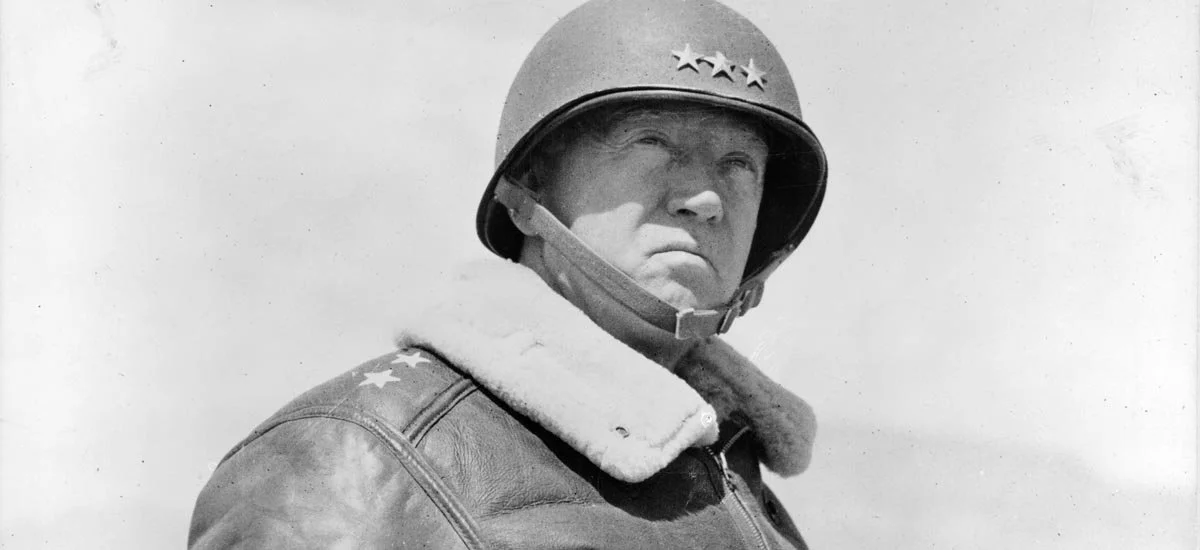Print the Legend: The Life and Times of John Ford - A Review
“When in doubt, make a western.” - John Ford
How one of Hollywood’s boldest and most beloved filmmakers can be so stubborn, vengeful, shy, rebellious, defiant, cantankerous and intensely private is certainly a puzzler.
And yet, that’s who the director of such American masterpieces like “The Grapes of Wrath,” “How Green Was My Valley,” “The Searchers,” “My Darling Clementine,” “Fort Apache,” “She Wore a Yellow Ribbon,” “Stagecoach,” “The Quiet Man,” “They Were Expendable,” “The Man Who Shot Liberty Valance” and so many others was — John Ford truly was a man of contradictions.
And “Print The Legend: The Life and Times of John Ford,” film historian Scott Eyman’s exploration of Pappy Ford, for as difficult a life story it is to tell, is one sweeping, stellar achievement.
Born John Martin Feeney in Cape Elizabeth, Maine on February 1, 1894, the man who became John Ford was a deeply flawed, sensitive, culturally literate, poetically inclined master of his craft. He was a powerful and influential director, and staunch defender of family values in his films. He was also a manipulator and sadist on his film sets. And Eyman’s biography remains diffident to none of it.
A larger-than-life figure, Ford garnered fierce loyalty from virtually all who worked with him, both actors and crew within his Ford Stock Company. He was a man capable of love, hate, brute insult, stilted cadence, heroic stance (as shown in his incredible documentary work on the front lines in the European and Pacific theaters during World War II) and, unfortunately, racist proclivities (accusations Ford denied his entire life).
Thorough in scope, exhaustive in its research and in plentiful amount of cogent analyses of many of Ford’s more than 140 films, including a rather profound and comprehensive critique of Ford and John Wayne’s legendary collaboration on “The Searchers” in 1956, Eyman’s biography is an all-encompassing, enlightening and thorough read.
As Ward Bond famously tells John Wayne’s character Ethan Edwards in “The Searchers” “You fit a lot of descriptions,” Eyman definitely gets it right here. “Print The Legend: The Life and Times of John Ford” is an effective tribute to one of America’s greatest, most influential of film directors. Yet it also tells the life story of a conflicted, intensely private soul whose propensity for testing the depths of his own elusiveness that many times overshadowed his skills as an artist.
There really wasn’t just one John Ford — beneath the sensational visual storytelling skills and the decades-worth of accolades from peers, film historians and admirers alike, Ford always remained that shy, indifferent, deeply sensitive Irish boy from Maine.
And Eyman’s biography serves mightily as testament to an uneasy coexistence of one man, John Ford, whose inspired contributions to the art of filmmaking will continue to be studied in awe for generations to come.





